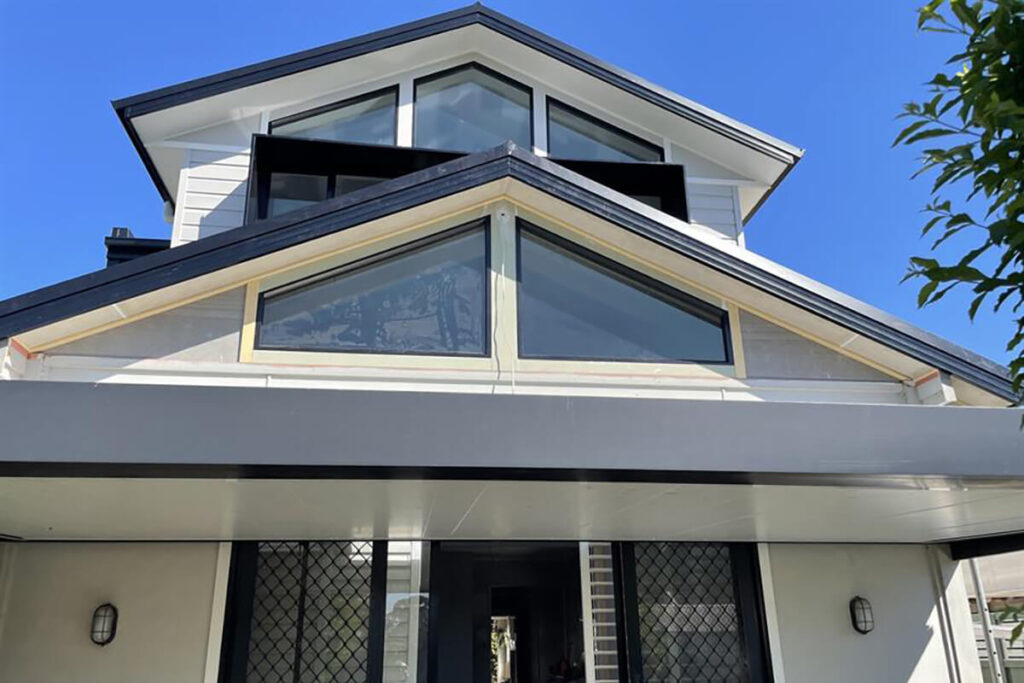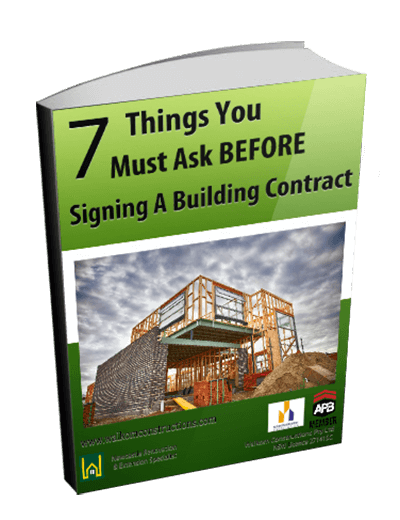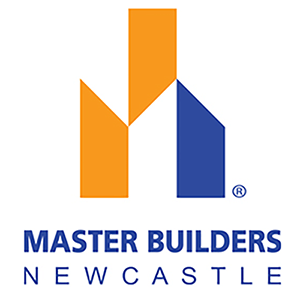Renovations and extensions can be completely overwhelming if you’ve never done one before. So, it’s natural to have a lot of questions. To make life a little easier for you, we’ve compiled a list of the top 10 most commonly asked questions (and the answers) about renovating and extending your home.
1. Where do I start with my renovations and extensions?
The best place to start is to think about what you don’t like about your home, what is working, what is not and what you need to achieve in order to accommodate your family and your lifestyle. It’s at this point that many homeowners weigh up whether to renovate or relocate, so it may be a good idea to think about your current neighbourhood as well to determine if you are still happy where you live.
Once you’ve got a general idea of what you want to achieve with your home, it’s then time to have a consultation with a builder, but more on this below.
2. How do I know what is possible to achieve with my home?
While you may have the space to extend your home, there may be some constraints in place that restrict your plans. There may be an easement on the block for example, or restrictions on the amount of site coverage you are allowed to have. The property may also be heritage listed, which will limit what you can do externally.
The only way to know what renovations and extensions you can carry out on your home is by speaking to the professionals. This can be a builder, such as ourselves, an architect or the council directly.
We always recommend the builder first as a professional renovation builder will be able to give you knowledge around council requirements, provide information on what is achievable from a building perspective and will oftentimes have an Architect or Building Designer on board to help draft up the ideal home renovations or extensions for you.
3. Can I do whatever I want?
If you want to paint your front door pink or swap out your sliding door for a stacker, then sure, go ahead. (Hang on, you should probably check the property isn’t heritage listed or under an estate design covenant first.)
But if you want to undertake considerable structural changes or add on new sections of house, then no, unfortunately you cannot just do whatever you want. Serious house changes call for serious approvals from the council.
Don’t let this minor technicality hold you back from transforming your home into the home it was always meant to be. We, the builder, will help you navigate the council approval process. You will be doing whatever you want without even noticing you needed to ask someone first.
4. Do I always need council approval to renovate and/or extend my home?
Yes, no… Maybe. Depending on what changes you want to do. If you are undertaking a renovation that is more along the lines of cosmetic improvements, then council approval may not be necessary. However, if you are knocking down walls, changing the floor plan or adding extensions, the council approval will be required to do this.
As a general rule, internal renovations usually don’t require council approval, unless they are structural changes. External renovations on the other hand are not so clear cut. If you are extending the home or undertaking major excavation work, then these changes will require council approval.
Again, this is not going to be a one size fits all answer. Each situation is different from the next and even the different local councils have different rules for what is allowed and what is not. So, it is always best to speak to your builder or council directly for a definitive answer.
5. What is the difference between cosmetic renovations and structural renovations?
Structure renovations involve changes to the structure of the home. This could involve moving walls, removing walls completely, changing the location of the doors and windows, extending the home out or extending the home up. Anything that requires changes to the foundations, framing or the roof of a house would be considered a structural renovation.
Cosmetic renovations, on the other hand, are not as invasive as structural renovations. Cosmetic renovations are simply a refresh of the finished elements of the home. Replacing the kitchen, redoing the bathroom, laying new flooring, painting and a general tart up are all considered cosmetic renovations. To put it simply… Anything that changes the look of the home but doesn’t impact the structural elements would be considered a cosmetic reno.
6. Who should I call first to get advice on my renovations and extensions?
The first person you should speak to about your renovations and extensions is a builder. And we highly recommend looking for a specialist renovation builder. They have the expertise, knowledge and experience to provide you with personalised renovation advice specific to your home.
7. How much is it going to cost me?
How long is a piece of string? Each and every home is different and each and every renovation project is going to be unique. It’s always going to be impossible to give you an answer here, but it’s a question we get asked a lot.
The best way to get an idea of how much your renovation or extension is going to cost is to set a budget you are comfortable with. Then write out a list of needs and a list of wants. And speak to a professional builder who can tell you what is achievable within your budget.
8. Do I have to manage the project myself?
You can manage the project if you want. Do you have the skills, knowledge and experience to do this? Some people are naturals when it comes to organisation and coordination, and other people are not. If you are only completing relatively minor work on your home and you feel confident enough to manage the project yourself, then by all means give it a go.
However, if your home is undergoing some pretty big structural renovations or extensions, then we would probably (read, nearly always) recommend leaving the project management to the experts. Your builder is a pro at managing projects. We are running the schedule, coordinating trades, managing the budget and keeping your project on track on a daily basis. We are also ironing out any hiccups before they become major hurdles and catching any discrepancies before they become too difficult to rectify.
If you want the best outcome for your project then we recommend allowing and trusting your builder to run the show.
9. What if I don’t like the finished result?
This is a common concern for many homeowners. When your home is halfway through demolition and you start questioning your choices, it can bring out a lot of stress and anxiety. This is especially true if you struggle to visualise the final results and all you see around you is mess and disruption.
But in all the years we have been renovating homes, we have yet to meet a homeowner who is not happy with the finished product. Believe it or not, you know what you like and the experts you bring on board to help you are also working to get you the absolute best outcome too. So, it’s very unlikely that you are not going to like your home after the renovations and extensions are complete.
This is also why it’s so important to hire a professional renovation builder and trust them throughout the process. Your builder is confident that the final results will be amazing even if you can’t see it yet.
10. How do we find a good renovations and extensions builder to help us with our project?
There are several ways to find a good builder for your project. One of the best ways is through word of mouth. Who do you know that has completed a renovation or extension and which builder did they use? This method means you are able to ask for a direct review of not only the builder’s craftsmanship but also their service throughout the project.
Another way is to simply Google builders in your area. Unlike word of mouth, this can be a bit hit and miss. There are many different types of builders out there, so first you will need to narrow down the field to renovation builders only. Once you have a shortlist you can check out their project portfolio, read their testimonials and review their credibility before compiling a shortlist of builders to interview.
Our handy guide to finding the best residential home builders gives pointers to help you out here.
And that’s it! The top 10 commonly asked questions about renovations and extensions. Got another question that wasn’t answered here? Drop us a message via our contact page or leave a reply below.




